Do you know that you talk about your illness a lot? I hear this accusation a lot, but one I can’t entirely agree with, there are reasons why I don’t always talk about my chronic life.
Like many people in this day and age, I share a lot online. And yes, much of my engagement online, particularly on social media, involves discussing my life living with a neurological disorder. After many years of not knowing the cause of the debilitating symptoms affecting me so immensely and feeling so alone, I began sharing many of the details of my ongoing journey with the vast array of unusual and puzzling symptoms, diagnosis and treatment. I’ve continued to share the ups and downs of living with a chronic illness. The lessons I’ve gleaned along the way as my symptoms worsened, becoming more disabled by them. I share much about my condition but don’t always discuss my chronic life.
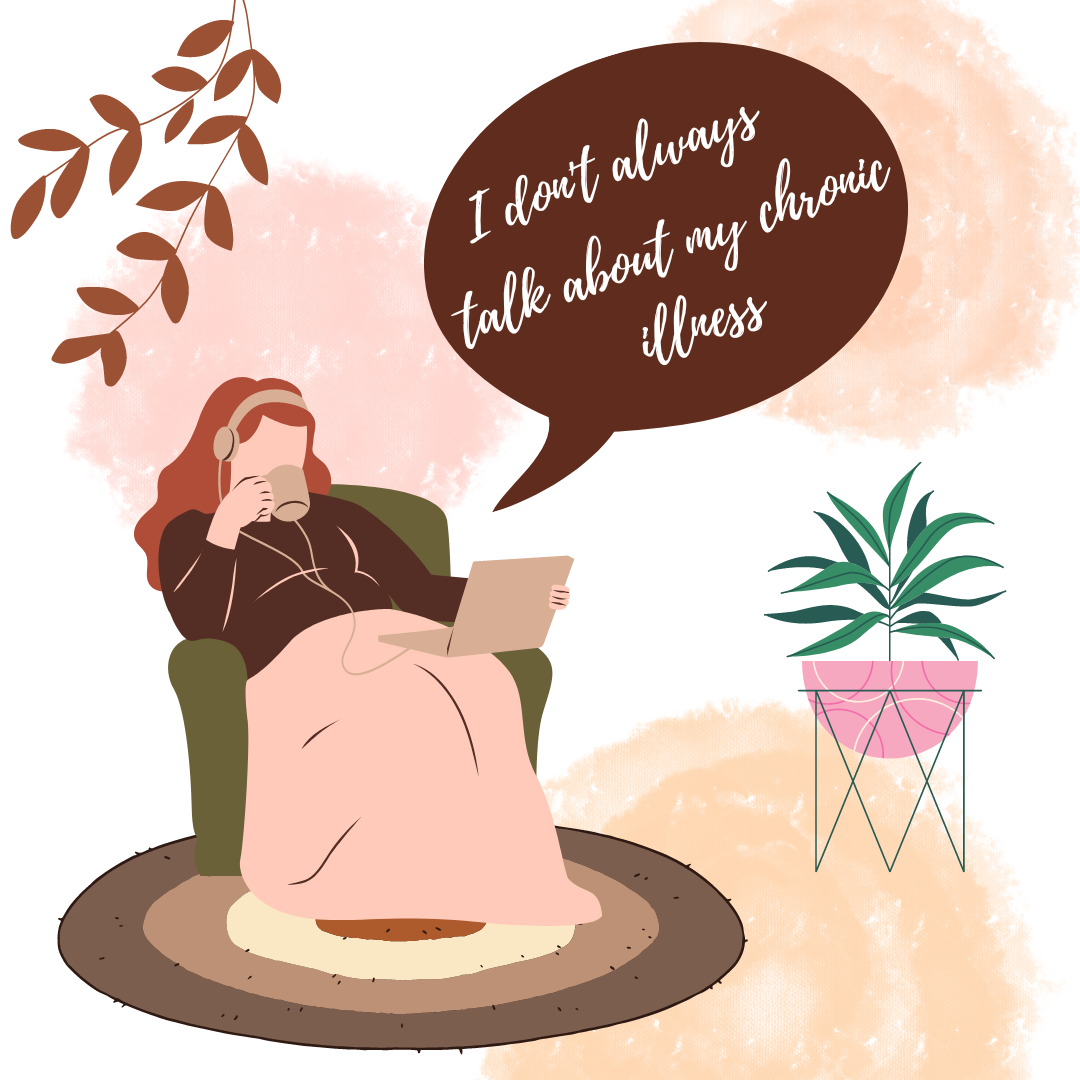
But as someone who identifies as chronically ill, I find myself somewhat in a quandary. Because if you talk too much about it, that is all you are; an attention seeker, lazy, a burden. But, if you don’t talk about it or talk about it only a little, you must be faking.
"I find myself somewhat in a quandary. Because if you talk too much about it, that is all you are; an attention seeker, lazy, a burden. But, if you don't talk about it or talk about it only a little, you must be faking." Click To TweetAs a blogger documenting my experiences of living with a chronic illness, people see me as the former. They see me as an attention seeker who talks about chronic illness far too much than is necessary.
Why I Don’t Always Talk About My Chronic Life
But I do not share every detail about the illness, which is a massive part of my life. I do not talk about the endless doctor’s appointments that have only brought about disappointment and heartache. Because it is painful enough to have to sit and listen to bad news, such as there’s very little they can do just the once. But having to rehash such information through conversations or posts on social media is to relive the worst moment of living with chronic illness repeatedly. I have also set limits on how detailed or graphic I get so as not to make people uncomfortable.
But usually, I become quiet when experiencing a severe, debilitating flare. The pain silences me. It’s as though an evil presence steals the thoughts and words I wish to articulate. But I cannot. I am powerless against the metaphorical gag that pain has tied around my mouth. When symptoms are at their worst, it can be hard to find the words to express the depth of the pain as the symptoms’ incandescent rage wreak havoc upon my body and spirit. I struggle to find the words to describe the unsettling darkness that frequently descends as depression and anxiety become unwelcome guests inside my head once again.
"But usually, I become quiet when experiencing a severe, debilitating flare. The pain silences me. It's as though an evil presence steals the thoughts and words I wish to articulate." Click To Tweet
So I don’t share. I don’t talk about my life and what it is like living with something so unwanted but will never leave. Instead, I flee to find privacy and solitude to escape my symptoms and struggles to cope with them being on display. Instead of shouting loud about my illness, I struggle on in silence, my private turmoil remaining a shameful secret deep inside.
"I flee to find privacy and solitude to escape my symptoms and struggles to cope with them being on display. Instead of shouting loud about my illness, I struggle on in silence." Click To TweetSometimes, Talking About My Illness Shines an Even Brighter Light On It
As symptoms continue their relentless assault on my body, overwhelming fatigue descends. Fatigue that is so intense writing, typing or even talking requires far more energy than I can summon. Even if I wanted to share my insights and experiences, I could seldom find the energy to do so.
When pain ramps up and symptoms worsen, it feels like a threat, a living nightmare I cannot escape. But giving voice to it feels like it only gives it more power. It shines a light on it, giving it much more attention than it deserves.
I think people must be sick of listening to me bitch about this illness that makes every day a battleground. But, just as they may be tired of hearing it, I am sick of living it. I am bored of having to talk about it. In truth, I would much rather be talking about something, anything, else. I would much rather be discussing the books I’m currently reading or the film I watched last night.
"But, just as others may be tired of hearing about my chronic illness, I am sick of living it. I am bored of having to talk about it. In truth, I would much rather be talking about something, anything, else" Click To TweetIt is painful to remember the person I envisioned I would become. Instead, I find myself imprisoned in a fragile and useless body, unable to be the person I want to be. Or even live the life I had dreamed I would have.
The Paradox of Chronic Illness: To Talk About It or Stay Silent?
I find myself trapped within a paradox where I don’t want to talk about living with a chronic illness but do it anyway. Scrolling through my feeds, I encounter irrefutable evidence corroborating that most of my posts are primarily concerned with chronic illness. So why do I spend much time discussing my life with chronic illness? Especially when I am sometimes reluctant to do so?
The overwhelming exigence of this illness, its symptoms and its increasing effects consume every part of who I am. It impacts every facet of my life and everything I do. So it can be hard not to talk about it when it’s so present in my life. My identity often buckles underneath the heavy burden of chronic illness, and I have to fight to remember what makes me, me.
"The overwhelming exigence of this illness, its symptoms and its effects consume every part of who I am. It impacts every facet of my life, everything I do. So it can be hard not to talk about it when it's so present in my life." Click To Tweet
So I talk about my illness. I talk about the debilitating weakness in my legs. I discuss the grief of living in a body that I can no longer trust; the number of times my legs have given way, increasing exponentially. I talk about the unexpected symptoms that can wreck my day, sometimes even my week. I talk about them because they are my life. And so, it can feel that it is the only thing I have to discuss in my life.
"I talk about the unexpected symptoms that can wreck my day, sometimes even my week. I talk about them because they are my life. And so, it can feel that it is the only thing I have to discuss in my life." Click To TweetChronic Illness Dictates Everything In My Life, So It Is Hard Not to Talk About It
I don’t talk about it because I am uninteresting with nothing else going on in my life. I talk about it because no matter what I do, my illness always controls part of it. Like becoming a parent to a newborn, its arrival has taken over my life. It never takes a break; it is always watching, stalking my every move.
Sometimes I feel compelled to talk about my chronic illness to explain. I regularly need to explain why I am unable to participate in things or why I may suddenly cancel plans. I often need to throw light upon strange quirks that may seem odd to others but help me survive the onslaught of symptoms in a world where I feel I don’t belong. It’s almost as if I have to apologise or defend my existence in the world or the accommodations I need to make life easier, to feel safer in a world which can sometimes feel precarious because of my constant obliviousness to when symptoms will unexpectedly appear.
"I regularly feel the need to explain why I suddenly cancel plans. I often need to throw light upon strange quirks that may seem odd to others but help me survive the onslaught of symptoms in a world where I feel I don't belong." Click To TweetSharing my story openly and hearing that others have found comfort and validation in my words is incredibly meaningful for me. Not only does it prove that my experiences matter, that I matter, but it also proves that I can help and inspire others. It has given me purpose and is something positive that has come out of all my pain and struggles, something that I can hold onto and remind myself of on even my worst days.
"Writing and sharing my story has given me purpose and is something positive that has come out of all my pain and struggles, something that I can hold onto and remind myself of on even my worst days." Click To TweetI Don’t Always Want to Talk About My Illness.
Some may say that I talk about my chronic illness too much. But in truth, the amount of time I talk about my condition is inconsequential compared to the thoughts and impact it has on my life. I wish it were something I didn’t have to think about or talk about, but as unwanted and disliked, but it is my life, my reality. If everyone else can talk about their lives without judgement, don’t I have the right to talk about mine?
"Some may say that I talk about my chronic illness too much. But in truth, the amount of time I talk about my condition is inconsequential compared to the thoughts and impact it has on my life." Click To Tweet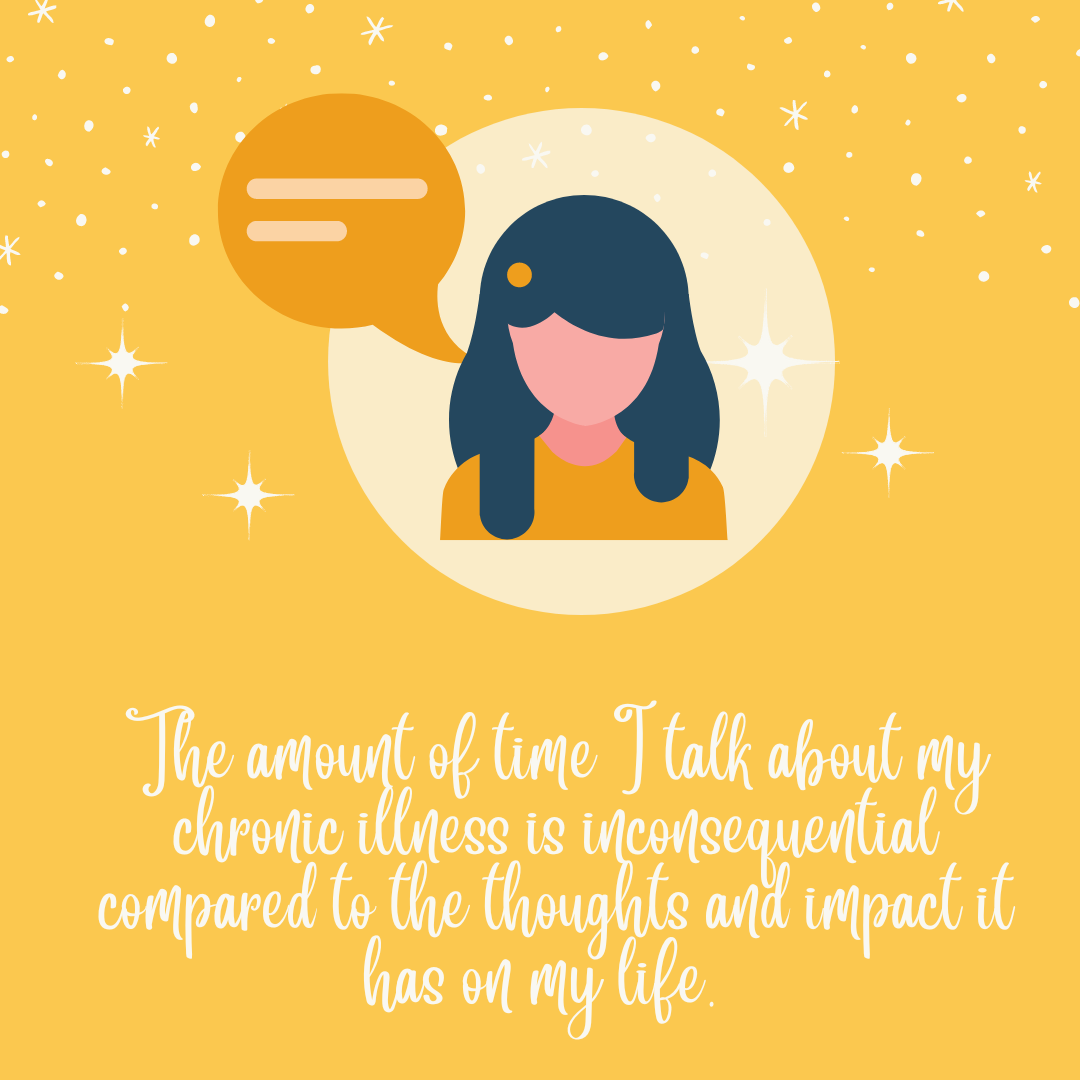
But I don’t always talk about my chronic illness. Sometimes, I am bored with the topic and would much rather have a conversation concerning books, films or the latest fixation on Netflix (or any of the other streaming services!)


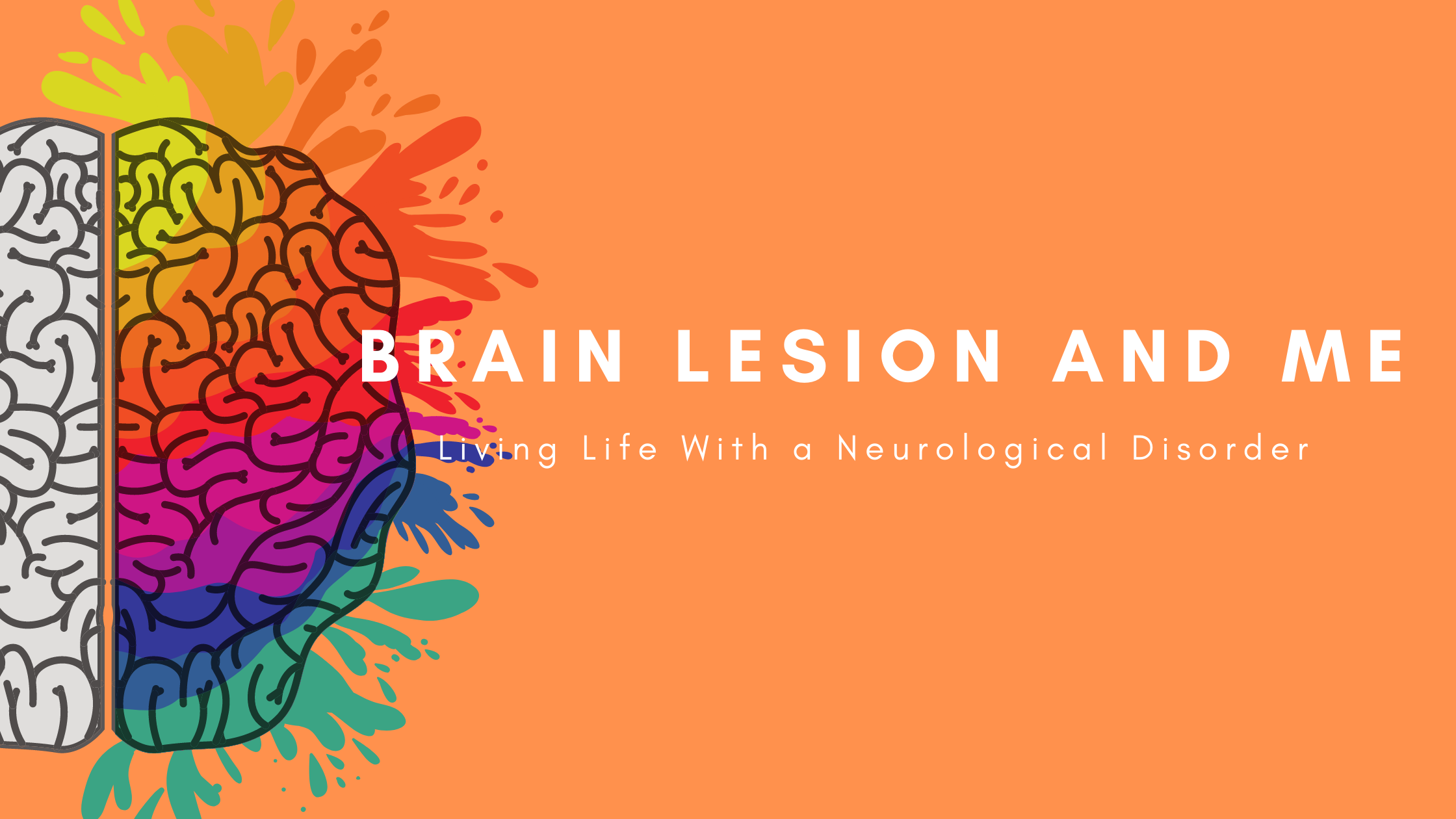
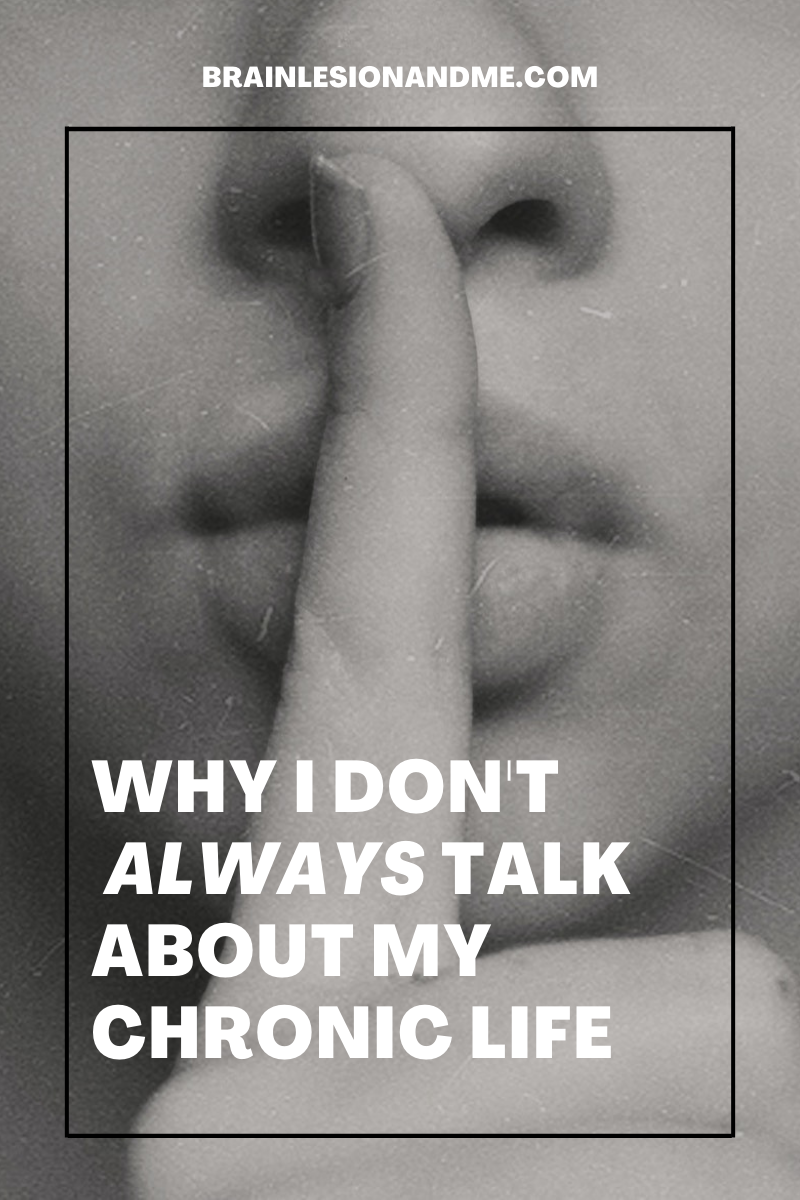
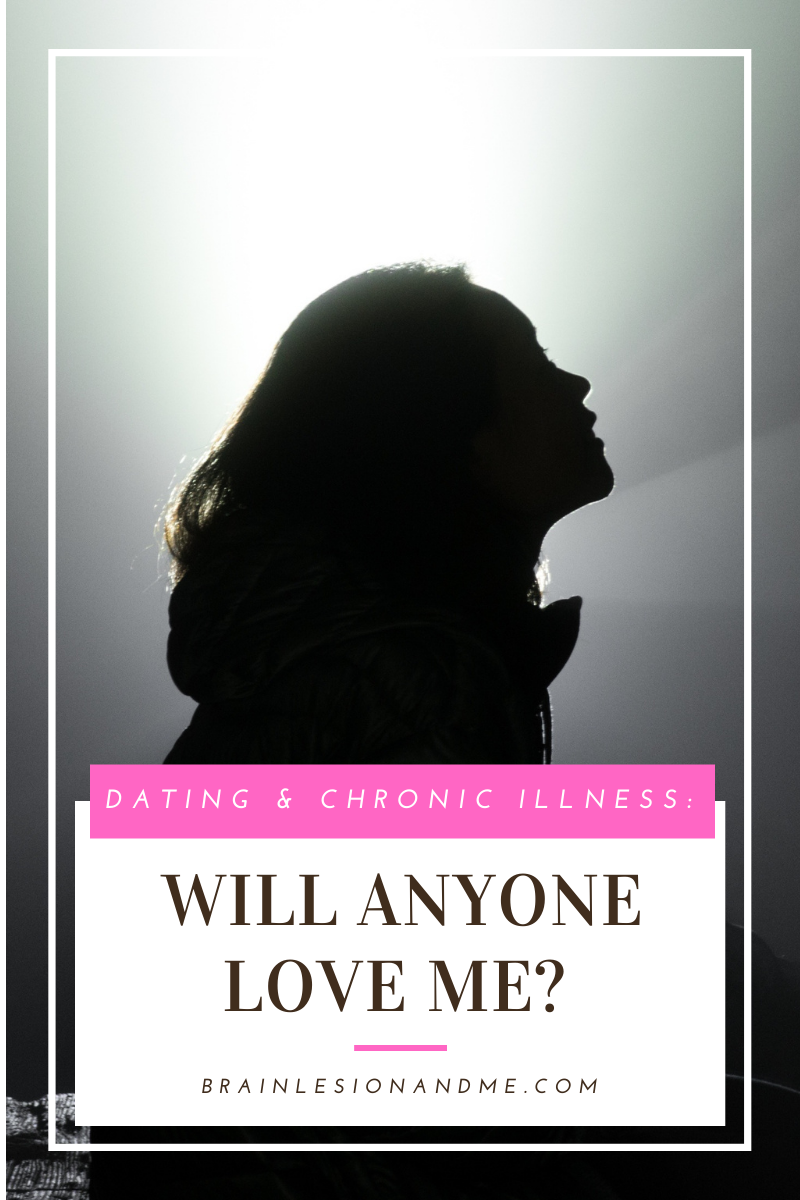

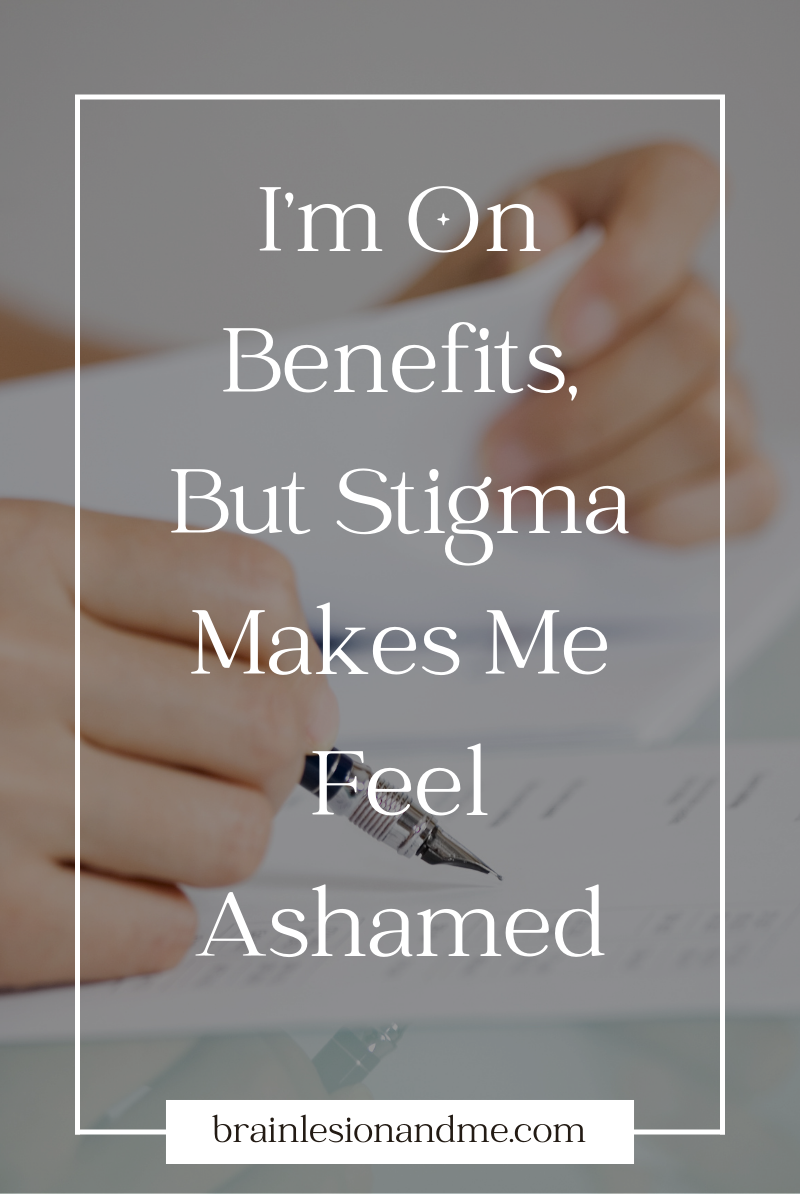
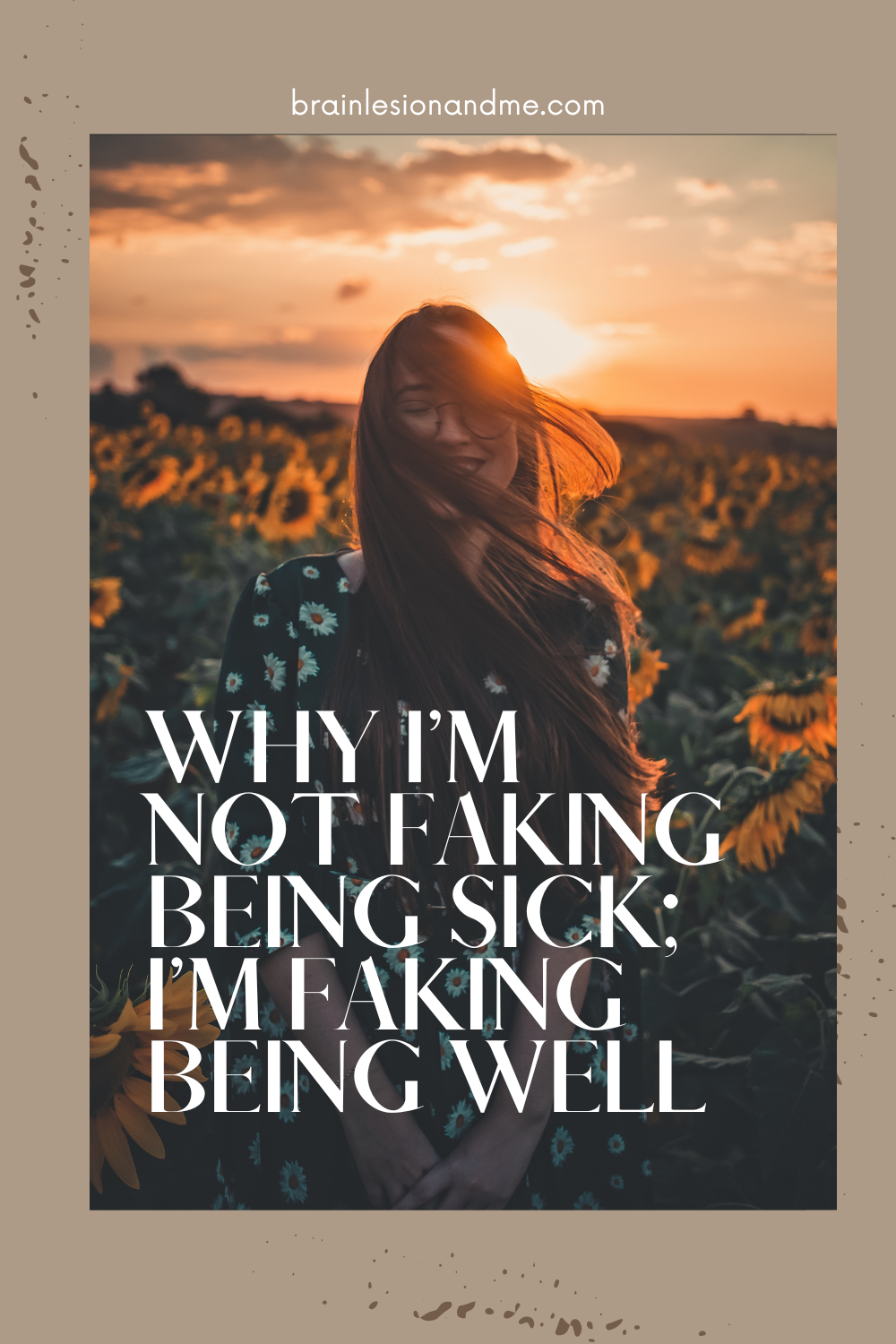

Caz / InvisiblyMe
Very well said, Rhiann. It’s definitely a quandary with whether to talk about it or not, because illness and pain are so overwhelming, so woven into the fabric of who we become as a result of them, that it’s hard not to. But we don’t want judgement or criticism, sometimes it’s too exhausting to talk about, and other reasons like you explain may mean talking about the chronic illness experience isn’t always the way to go. I think there’s got to be a good balance; enough that you share what’s going on, meet your needs, avoid self-imploding or not feeling alone, but not too much that you and others drown in it. Too much can also take us further into the experience and make it harder to stay afloat or even remember who we are underneath it all. xx
Nickie Coby
Well said! I think people don’t realize that we are talking about our pain and illness a lot less than we are experiencing it. I personally find it hard to talk about, but even harder to find things that I can talk about that other people are interested in. my illness affects me so much that it kind of sucks up a lot of the energy and time I have to do some things that everyone else is interested in. I don’t watch a lot of movies and the books I’m interested in don’t happen to be the ones that other people are interested in. It’s hard not to talk about your pain when it’s the main thing affecting your life. People who spend all their time with someone would not be expected to choose not to talk about that person, in our lives, the pain and illness is that person. We don’t get a break from it we don’t get to choose to say hey Pain, why don’t you go over and do something else give me a break from you. It’s hard not to talk about a person or a thing you’re with 24 seven. Thank you for posting this post!